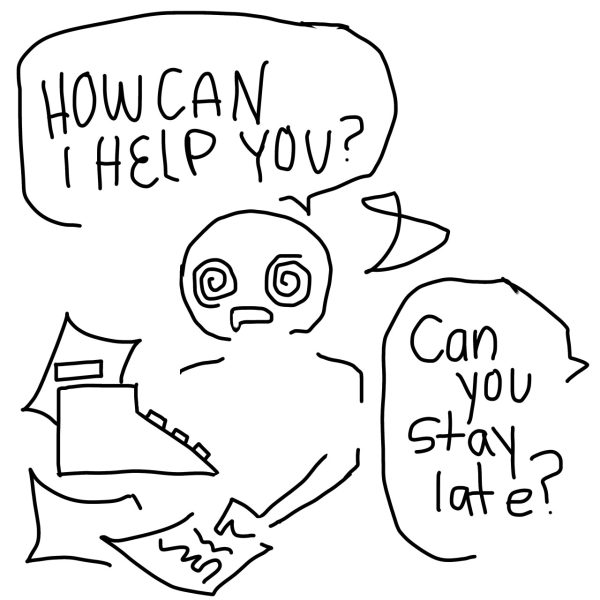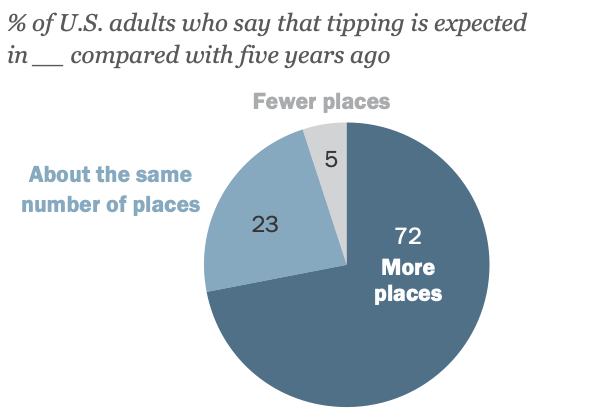Silence=Guilt
As a seasoned high school student, I’ve had a lot of instances where I hear another student or adult say something that I don’t quite agree with. Instead of contradicting their statement with my own opinion—even if I had sound evidence to support it—I chose to remain silent. Why do I do that?
The book I’m reading right now, Aristotle and Dante Dive into the Waters of the World by Benjamin Alire Sáenz, talks about the concept of how silence equals death. This is referencing the AIDS pandemic from the early 80s. However, the main character takes this motto to heart, describing how if he refuses to speak out for what he truly believes in, that sense of regret and guilt is equal to death. If he stays silent, he will no longer be making his own decisions and conveying his own opinions.
I think about this concept a lot when I stay silent in an unnecessary situation.
It’s easy for someone to say, “just say what you think—no one is going to judge you,” but that’s not true. It’s our nature to judge someone, even if we don’t realize it. You judge people and things, and I do too. We see someone who is a certain way, and that’s the first thing we unknowingly think about, whether it’s positive or negative.
I think the reason I remained neutral so many times when I should have spoken out, is because I wasn’t ready to let the world, or at least my peers, judge my mind and the things inside of it. It seemed easier to remain silent and forget the situation altogether. Nonetheless, I still had this gnawing feeling that what I say could have changed someone. And it can—it’s just taken a lot of confidence boosts from friends and family as well as my own personal battles for me to realize this.
In writing this piece, I reveal my mind to those reading, I speak my mind to those paying attention, and you are all judging subconsciously, mulling it over on whether or not you want to continue reading.
I’ve learned through trial and error that staying silent and remaining neutral are not always the best options to choose in an argument. As it is human nature to judge, it is human nature to have opinions, to make choices, and to make decisions. Like I said, there have been many times where I remained silent during an argument that I had every right to speak up, though I did not.
If you are ever in a situation where you know that your differing opinion could help change someone’s biting personal views, or where someone’s words are harming others, you have every right to speak up to them, even if you are the only one speaking. It takes courage, it takes bravery, and sometimes you may regret it, but if you are in a situation where to remain silent or neutral can prevent you or others from being harmed, it may be best.
As this argument is highly situational, I’ll let common sense decide the appropriate actions for the appropriate setting.
It’s a tough concept to think about because it depends solely on the situation. I can say that in my experience, I deeply regret my silence. I wish I could go back to those people that said those things—things so harmful towards others, I can’t even think about it—and tell them what I think. I want to tell them that they aren’t the only ones in the world—that they are not the Sun. We are not the Sun. The world does not revolve around us—me or you—and I think sometimes we all need a reminder.
Even if we are not the Sun, we are all stars, different and the same, hot and cold. We all have different thoughts, views, opinions, and upbringings.
It’s taken eighteen years of my life to learn that what I say matters to someone out there, even if they aren’t present in the room. I have a voice and so do you, so use it responsibly and courageously.
We are not the Sun, but you are not anything less than a star, just like everyone else, so remember that your voice matters too. Though I’ve learned a lot, this is still something I have yet to finish learning.

Senior Emma Phillips is the Norse Stars Arts and Entertainment Editor and Head Artist. Emma enjoys the dynamic the staff has with one another.
Outside...








Angel • Dec 27, 2023 at 1:27 pm
Very well written and thank you for your wisdom!